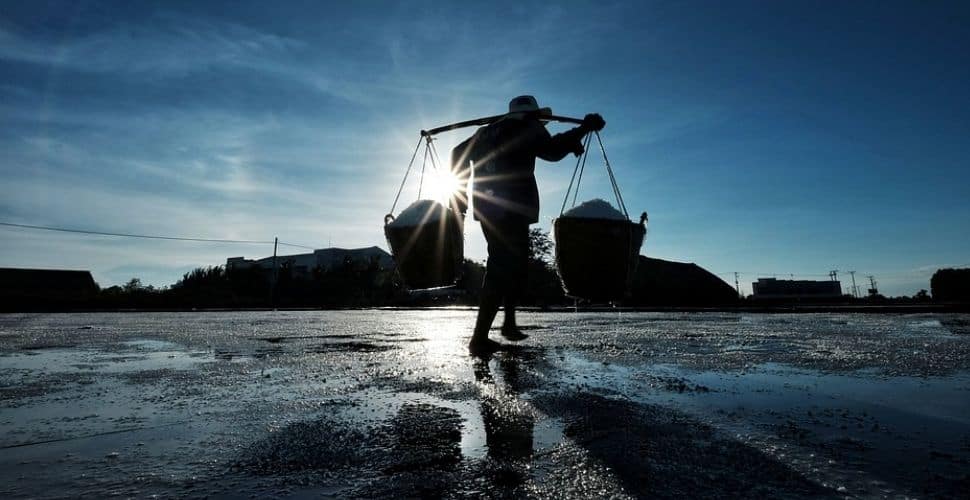New findings from a report published last week, “Developing Freedom: The Sustainable Development Case for Ending Modern Slavery, Forced Labour and Human Trafficking”, spotlight a fundamental element of preventing modern slavery and boosting economies: ensuring workers have increased control of their labor and income.
Considering the global economic impacts of COVID-19 that are creating increased vulnerability to labor exploitation and trafficking, Professor James Cockayne, Senior Fellow at the United Nations University Centre for Policy Research and lead author of the report, sets out recommendations for a post-pandemic recovery to not only build resilience to trafficking, but to benefit entire economies through “maximizing everyone’s economic agency.”
Professor James Cockayne writes in Thomson Reuters Foundation:
We discovered that interventions focused on protecting people’s economic agency – their control over their own labour and what they do with the money they earn from it – can both reduce slavery and unleash significant social development and economic growth.
In Uzbekistan, labour market reforms undertaken by the government with the support of the ILO and foreign donors have reduced forced labour cases in the cotton harvest by over 77 per cent in five years. This translates to over 300,000 cases of forced labour prevented annually. In the process, Uzbekistan’s moribund cotton industry is seeing a rebirth and renewed growth.
[…]
We found that interventions giving people back their economic agency ripple out through the economy, removing 10 different drags on development. They boost overall wages and productivity, encourage innovation, reduce corruption, and strengthen environmental outcomes.
Interventions to protect and increase people’s economic agency cited by Professor Cockayne include the impact of labor reforms in Uzbekistan helping prevent 300,000 cases of forced labor per year, recent labor reforms in Qatar to better empower migrant workers and increase protections from forced labor, and government investment into Brazil’s cattle industry contributing to rescuing people trapped in exploitative conditions.
By addressing the institutional and structural elements of work whilst also passing legislation to ensure workers are afforded their rights and have access to grievance mechanisms, Professor Cockayne argues that interventions like these can be replicated.
Yet, modern slavery, trafficking and labor exploitation persist around the world indicating a resistance to shifting power to workers in a sustainable way.
This is where the impact of COVID-19 has the potential to spark transformative change. In the face of a uniquely momentous challenge, global economies are being pushed to reassess their relationship to labor, economic growth and the protection of human rights.
While Professor Cockayne notes this “has fostered a surge of capital towards socially responsible lending and investment, and towards companies that look after workers”, more needs to be done to redistribute agency to workers in order to provide individuals with economic stability and therefore, real opportunities to reject exploitative work.







Freedom United is interested in hearing from our community and welcomes relevant, informed comments, advice, and insights that advance the conversation around our campaigns and advocacy. We value inclusivity and respect within our community. To be approved, your comments should be civil.
Yes, provide employees a living wage and benefits directly, and won’t need all the, philanthropy.